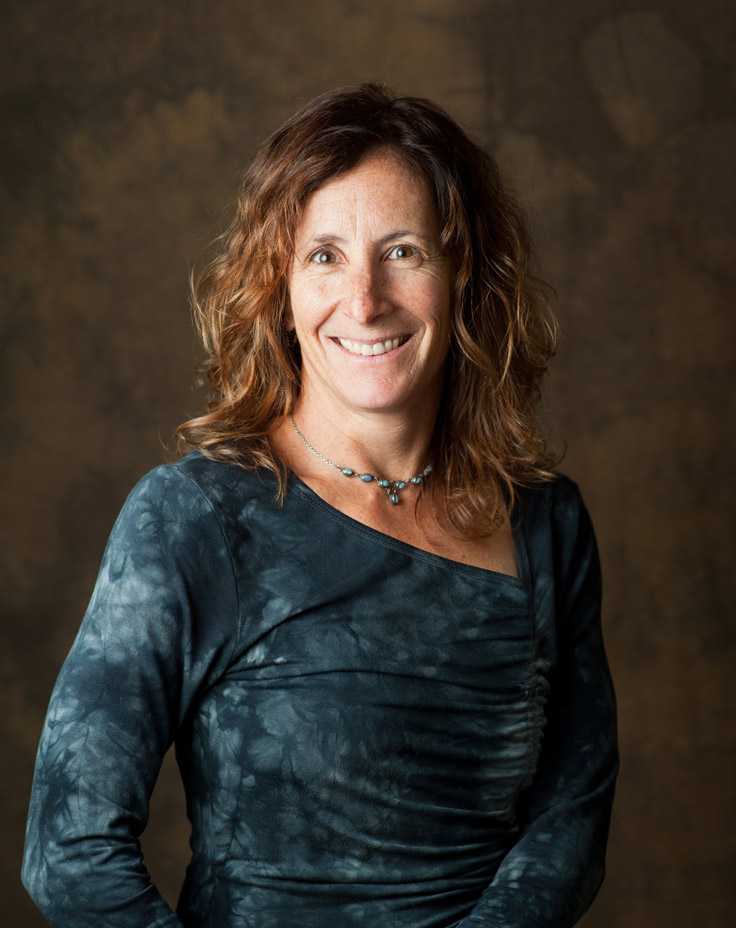Programs of Evaluation, Development And Learning (PEDAL)
The Programs of Evaluation, Development and Learning (PEDAL), a service through St. Charles Health System in Bend, Oregon, offers clinical excellence to provide the best care for children and youth with special health needs in Central and Eastern Oregon.
PEDAL Providers specialize in the assessment, diagnosis, and treatment of disorders affecting a child’s development. Depending on the child and referral question, a single discipline consultation, neuropsychological evaluation, appointment with the developmental behavioral pediatrician, or a full team evaluation with psychology, developmental pediatrics, speech, occupational therapy, nutrition, and nursing will be completed. Each child’s needs are carefully reviewed by our lead psychologist to ensure the best type of evaluation within PEDAL to answer the referral question.
What is a single discipline consultation?
Children and youth with special health care needs and their families are referred to PEDAL providers for a variety of neurodevelopmental and behavioral concerns. We can provide consultation services to offer diagnostic, intervention and resource information to help families and referring providers make important treatment decisions. For example, providers may assist families who have children/youth with chronic health conditions, concussions, tics, congenital heart conditions, autism and feeding issues. Following such a consultation the primary care provider would provide documentation to place referrals to appropriate specialists.
What is neuropsychological testing?
A neuropsychological evaluation, also called neuropsychological testing, is an in-depth assessment of skills and abilities linked to brain function. This evaluation is completed by a PhD or PsyD Licensed Psychologist with specialty training in neuropsychology. The evaluation measures such areas as attention, problem solving, memory, language, I.Q., visual-spatial skills, academic skills, and social-emotional-behavioral and adaptive functioning. A neuropsychological evaluation is different from tests included in a neurological evaluation (e.g., EEG) or neuroimaging (e.g., CT or MRI scan).
The benefit of the evaluation, and the diagnoses and recommendations that come along with it, is that it allows other treating professionals, teachers, and parents or guardians to better understand why a child may be having difficulty in specific areas. The evaluation will provide recommendations for the types of interventions or treatments that may be effective and appropriate, given a child’s specific set of strengths and weaknesses. This can be so empowering to a parent/caregiver and child!
When is a neuropsychological evaluation needed?
Children and youth are referred for neuropsychological evaluations for a variety of concerns with the main goal being to carefully and comprehensively assess and identify strengths and vulnerabilities across multiple brain domains. Results of a neuropsychological evaluation can help clarify diagnoses and assist in the development of specific treatment recommendations to address a child’s needs at home, at school and in the community. The results and diagnostic conceptualization of a problem—or multiple problem areas—can also assist parents in better understanding their child’s strengths and weaknesses and address related concerns in the home setting. Diagnoses are also used to communicate between and among providers and to make sure a child is getting all of the services they can so that they can meet their ultimate potential.
The list below outlines some areas of concern that may lead to making a referral for a neuropsychological evaluation:
- Inattentiveness, hyperactivity, impulsivity
- Executive-functioning weaknesses, such as difficulty planning and organizing
- Language disorders or delays
- Visual-spatial, visual-motor, fine motor deficits
- Intellectual disability
- Autism spectrum disorder
- Fetal Alcohol Syndrome Disorder
- Congenital Heart Disorders
- Tourette’s Disorder
- Deficits in learning and functioning secondary to neurological and/or birth conditions (e.g., seizure disorders, epilepsy, traumatic brain injury, brain tumors, acquired or congenital hydrocephalus, premature birth)
- Concussions
- Genetic conditions such as Down Syndrome, William’s Syndrome
- Post chemotherapy
* A note about learning disorders: Unfortunately, insurance does not pay for learning disorder evaluations (including dyslexia). If that is the priority reason for referral, those referrals must be sent to community providers and are an out-of-pocket expense to the family.
* A note about ADHD: We work closely with our pediatric providers to support their ability to provide ADHD assessment in the context of primary care. There are times when a child/youth has a complex presentation and neuropsychological assessment is warranted. This will be reviewed by the lead psychologist.
* A note about complex psychological evaluations: Unfortunately, PEDAL does not have the capacity to provide acute/crisis assessments. We do assess for depression, anxiety and other psychological conditions within the context of the neuropsychological evaluation, but it cannot be the primary focus of the assessment.
What is a Developmental Pediatrician consultation/evaluation?
Developmental-behavioral pediatricians possess training and experience to consider, in their assessments and treatments, the medical and psychosocial aspects of children's and adolescents' developmental and behavioral differences. Developmental-behavioral pediatricians evaluate, counsel, and provide treatment for children, adolescents, and their families with a wide range of developmental and behavioral challenges and seek to help children reach their maximum potential.
PEDAL could not be more pleased than to introduce Dr. Lisa Herzig, a Board Certified Developmental Behavioral Pediatrician to Central Oregon. Dr. Herzig completed her fellowship training at University of Washington/Seattle Children’s Hospital in 2015. She was on faculty at Seattle Children’s Hospital for about 6 years before making the move to Bend and joining the team at PEDAL in June 2022. She specializes in caring for children who have genetic syndromes, medical complexity, autism, or congenital heart disease that contribute to a developmental delay.
PEDAL Neurodevelopment Clinic
This team consists of the board-certified developmental behavioral pediatrician and clinical psychologist. Together, and in collaboration with the family/caregivers, this team assesses children with neurodevelopmental concerns such as autism spectrum disorders, genetic syndromes, complex ADHD, fetal alcohol, and other developmental delays.
PEDAL NICU Follow Up Clinic
At the NICU Follow Up Clinic, babies born prematurely, or babies born with neurodevelopmental concerns are screened and evaluated. This team consists of a developmental-behavioral pediatrician, clinical psychologist, speech and language pathologist, occupational therapist, nutritionist and registered nurse. Our goal is to provide developmental monitoring, refer to appropriate specialists, and ensure that the child and family are optimally ready to enter kindergarten.
How to refer to PEDAL
While many insurance companies allow patients to self-refer, we prefer to work directly with each child's primary care physician to ensure collaborative care. As a result, we do require a physician referral for all of our patients. We do ask that providers send documentation that outlines the reason for referral, along with supporting progress notes.







